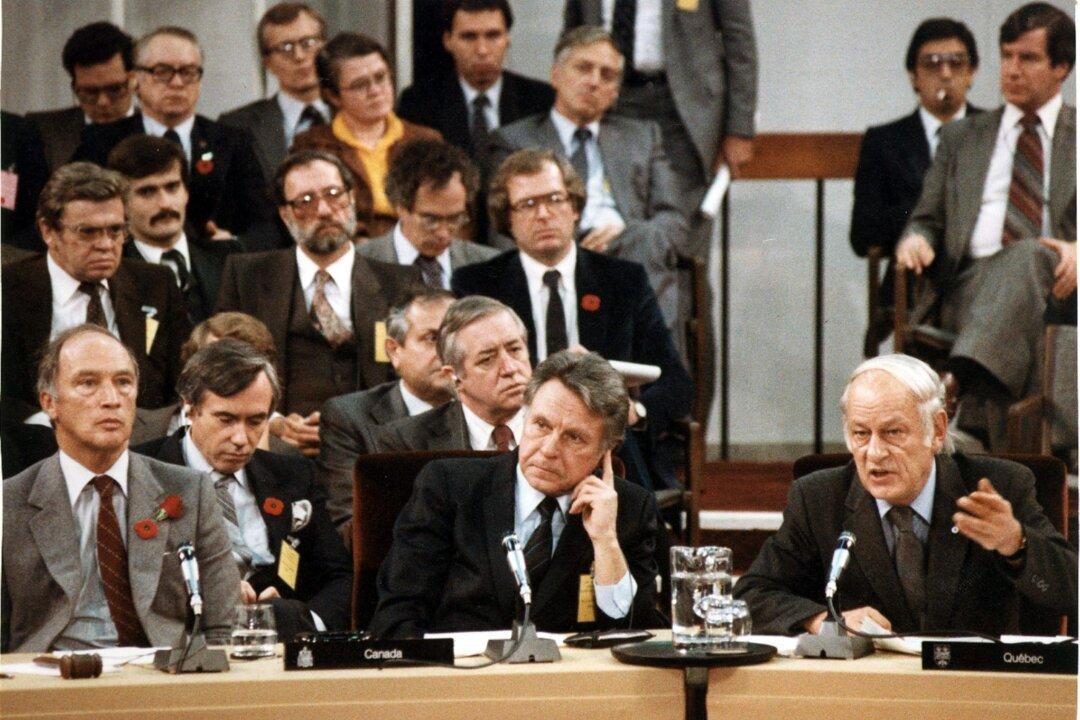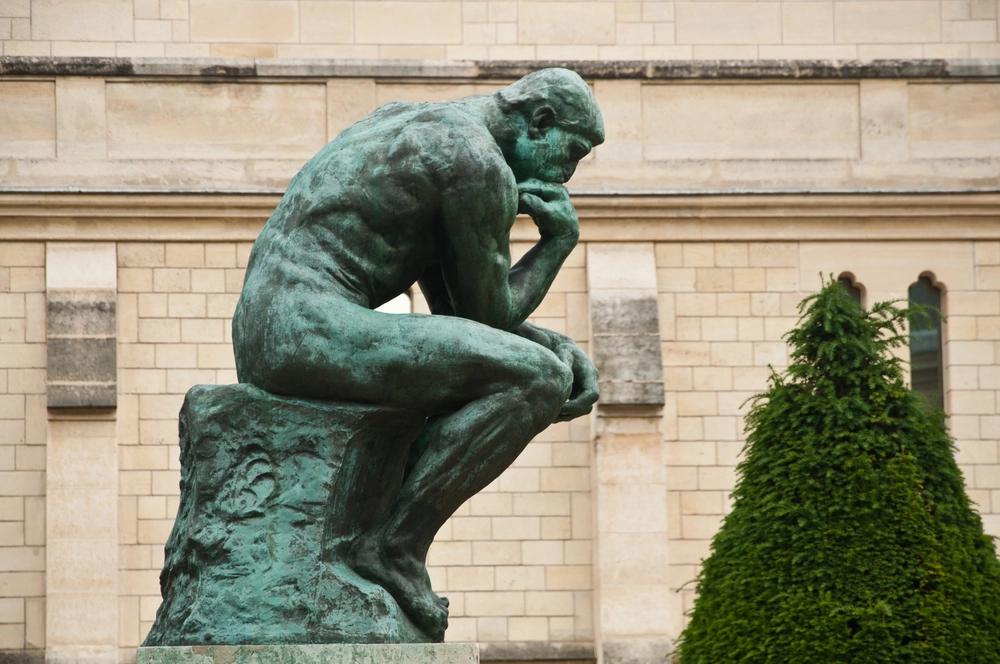Commentary
It is now 40 years since the glorious Charter of Rights and Freedoms sprang full-fledged from the brow of philosopher-king Pierre Elliot Trudeau, created Canada from some rather nasty foam bobbing about from sea to shining C-minus, and gave us sweet-smelling liberty where all had been sick-making darkness. Or so I gather from the retrospectives, though I’m having a bit of trouble reconciling that particular golden bough with the sour, wormy fruit before me.





